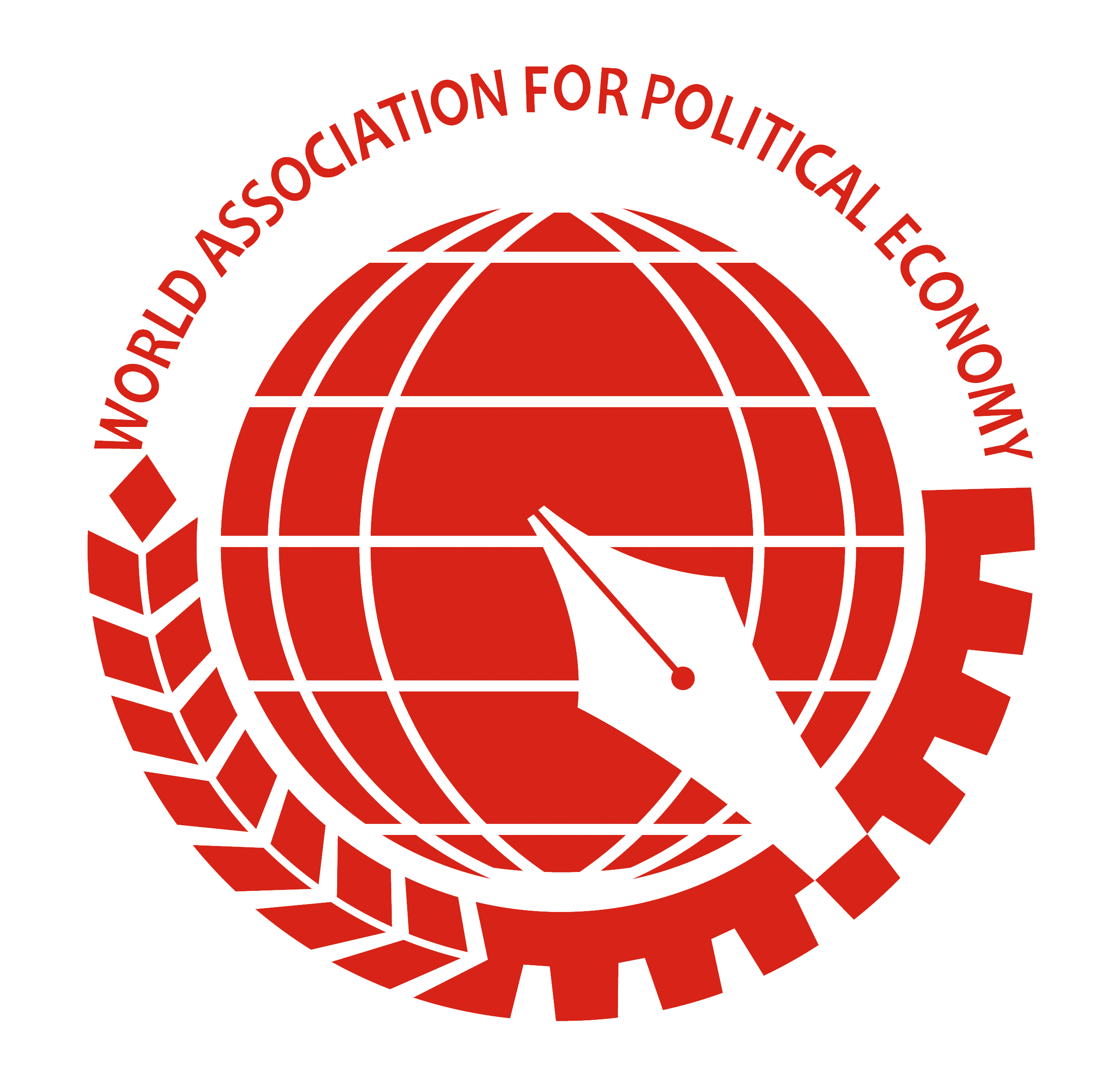The 5th WAPE Forum Statement – 2010
A Statement
On The Crisis of Capitalism and its Solution: Socialism of the 21st Century
The world is faced with three global processes that are decisive, not only for the daily life and indeed survival of all citizens of contemporary civilization, but also for the scientific work of Marxian economists and related groups around the world. These processes includes the evolution of capitalist and ecological crises, the emergence of China and India and, maybe Latina America, and advances in theory of post capitalist world of the 21st Century Socialism.
Firstly, for us as political economists and political point of view the continuing capitalist world crisis and the corresponding rise of class and social struggles in the European Union, particularly in its southern and eastern periphery, pose a number of questions.
Will the people be able to force governments to carry out meaningful reforms against the will of the dominant oligarchy?
How will the working class and other popular groups respond to the current efforts to make them bear the costs of the capitalist crisis?
Can the capitalist crisis lead to the imposition of terrorist state forms in Europe, like in Greece 1967, Honduras 2009 or currently in Thailand?
What is the contemporary relationship today between power, politics and State?
How close is capitalism on a world scale to meeting limits to its development caused by its displacement of artisanal and peasant production. In other words how close is capitalism internationally to using up the world latent reserve army of labour, at which point the law of the falling rate of profit will become unavoidable.
How do the different fractions of the elite, especially the industrial and financial segments interact?
What should be the mode of production of 21st Century Socialism and its regional concretizations (Europe, Latin America, North America, Africa, Asia, Australia) and transition programs?
What is the relationship between global labour mobility, multiculturalism and
exclusion of populations?
The socio-economic crisis in countries like Greece could develop into a political crisis with very repressive and authoritarian responses from the bourgeoisie. It is also aggravated by the ongoing ecological and climate crisis. The recent Copenhagen talks exposed the inability of multilateral bodies to overcome the resistance of entrenched industries and governments and put effective new rules in place to re-direct technological change away from climate catastrophe. Bourgeois authoritarian responses to the world capitalist crisis and ecological and natural catastrophes will be driving forces in the ongoing restructuring of the economic world order.
The second global trend that is restructuring the world economy and global governance is the emergence of China and India as increasingly important independent participants in world affairs. They will potentially be followed by a Brazil-led Latin American collective. China’s emergence has not been accepted by the developed capitalist countries, which show no signs of being willing to abandon their old world domination. Instead, under Obama and the social forces that rule the US, that country is increasingly adopting a Cold War or warm war posture towards China. This posture brings mankind closer to yet another round of confrontation. However, there are more and more attention to and appraisal on the socialist economic, political, and cultural modes with Chinese characteristics, which explains that alternatives to different capitalist modes are various and feasible.
The third major factor to be taken into account by Marxian economists and anybody else striving for a sustainable, participatory, democratic society, are advances in the theory of post capitalist world society. While analysis of the roots and dynamics of the current world crisis and insights into capitalism’s laws of development have contributed to a better understanding of the system, it is the crisis-born discontent and desperation of the common people that drives Marxian theory ever more towards the formulation of a structural alternative to capitalism. This alternative has been baptized with different names, among others, as Socialism of the 21st Century, Latin American Socialism of the 21st Century and Participatory Democracy or Participatory Economics. The gender issues which have been so difficult to overcome in the present social order as Marxian feminists have accused, and the idea to realize real freedom for all as suggested by arguments for Basic Income would also serve as touchstone for such an alternative.
This urgent trend towards the development of a viable, scientifically sound New Historical Project of post capitalist civilization has been evident in many of the papers presented at this important international forum. Among them are the following: the phenomenon and roots of Western financial and economic crisis; the developing trend of the world economy in the post crisis era; the features and effects of countermeasures taken by various governments in the face of the crisis; the construction of a world currency and the design of its transitional mode; the economic theory and policy system of scientific socialism; the scientific-philosophical underpinnings of 21st Century Socialism; the experiment of new socialism for the 21st Century in Latin America, etc.
Faced with the above, Marxian economists, like everybody else with the ethical impetus to build a just, democratic, free, peaceful and sustainable future society, are obliged to help develop the architecture of a future world society by:
1. Strengthening the solidarity, cooperation and communication among Marxists and leftists to review and transcend various liberal and Keynesian economic theories through continuous development and innovation of Marxism and its economic theory. By so doing, it will be possible to expand the dissemination and impact of Marxism around the globe.
2. By keeping in mind the way Marx showed that social contradictions must be resolved through the development of contradictions. Alongside ongoing theoretical research, we must mobilise the scientific and ethical resources of mankind and focus them on the concrete socialist transition strategies. These can be embedded in national and regional transition programs leading towards a post-capitalist society. Since only majorities will have the power to change history and since to make a revolution you have to create revolutionary public opinion (Mao), we will have to familiarize people with these vehicles of transformation — national and regional transition programs — so that they can see that there are alternatives, so that people can organize around basic guidelines to accumulate power and put an end to capitalist exploitation and domination.
3. By internationalizing action; that means contributing to the organization of , in global scale, social movements.



